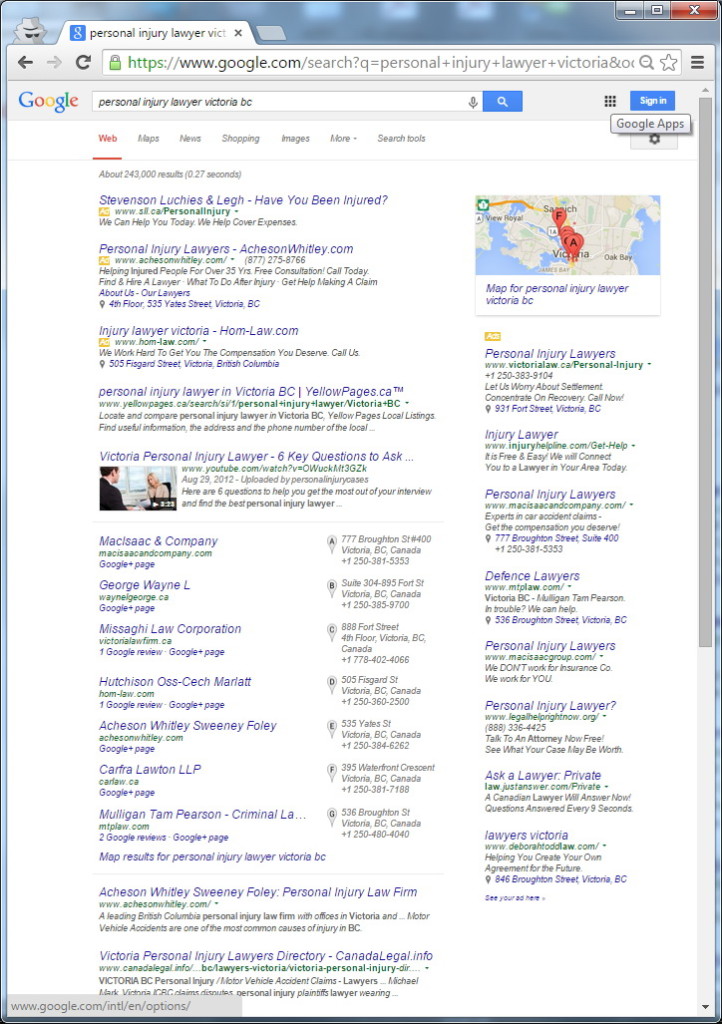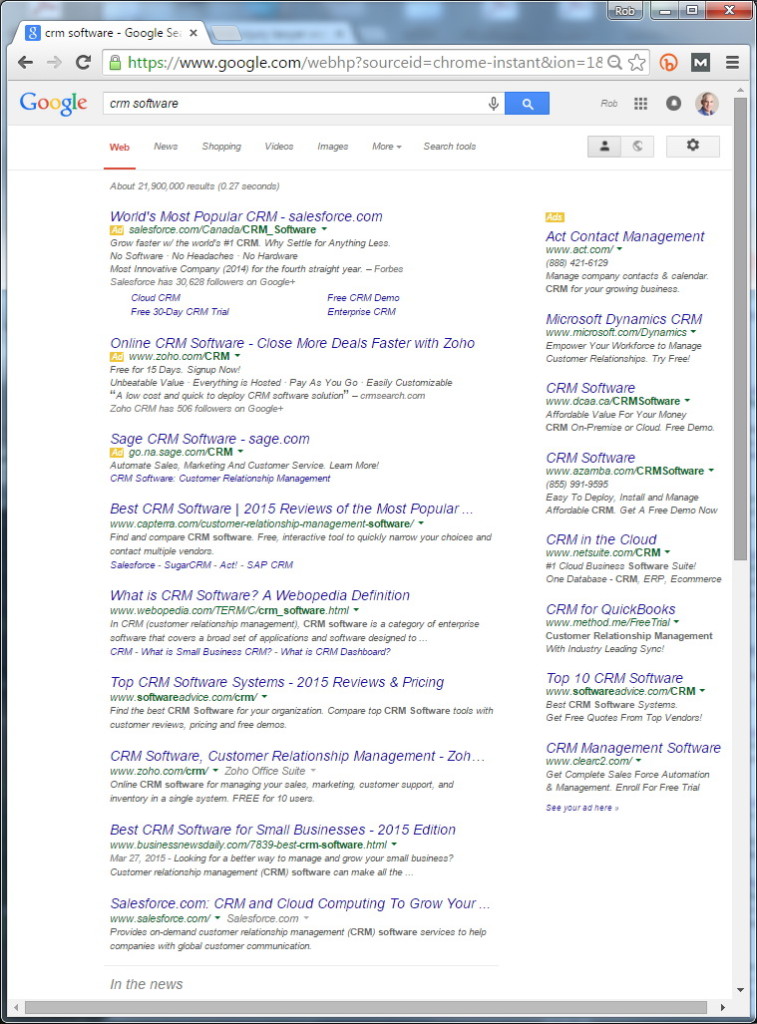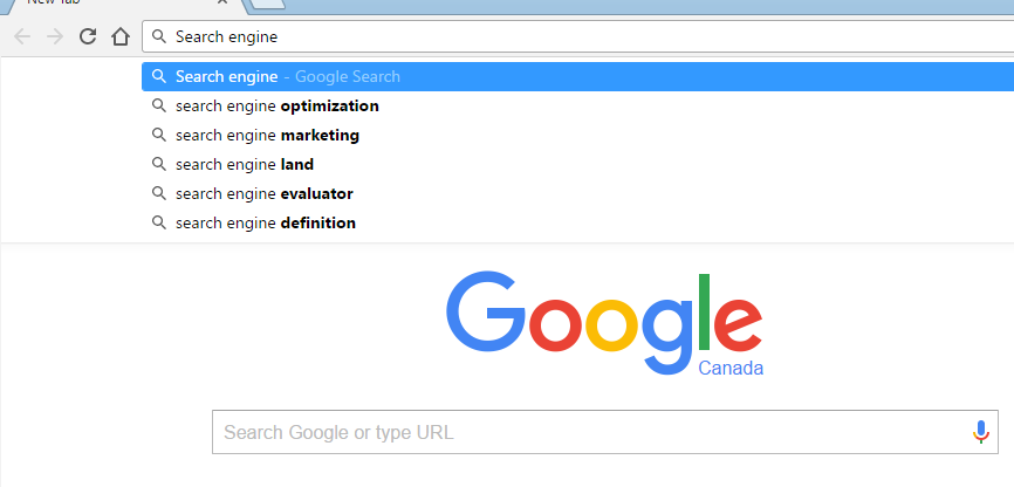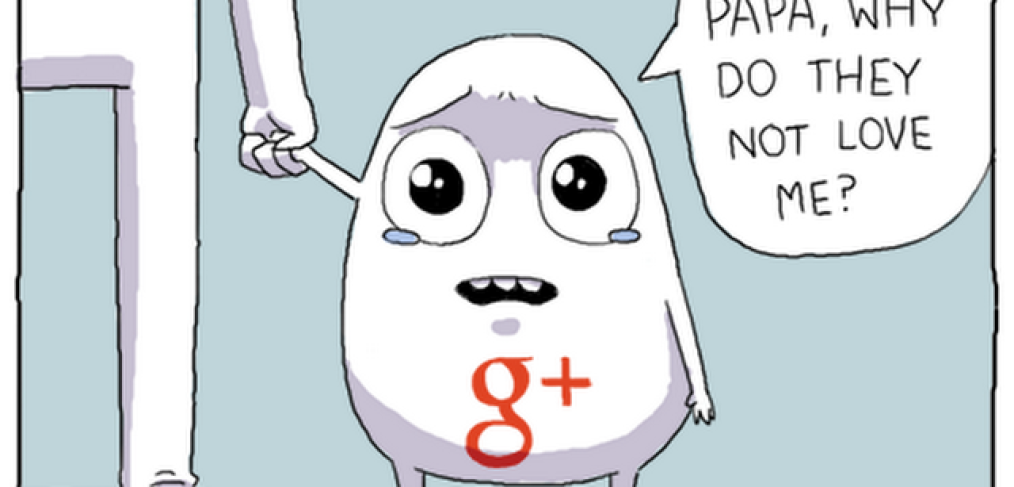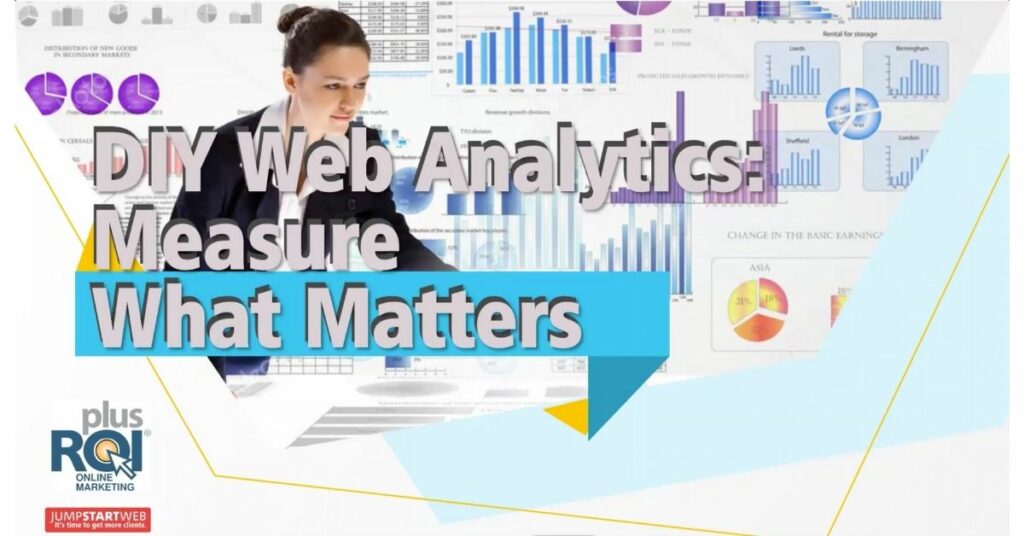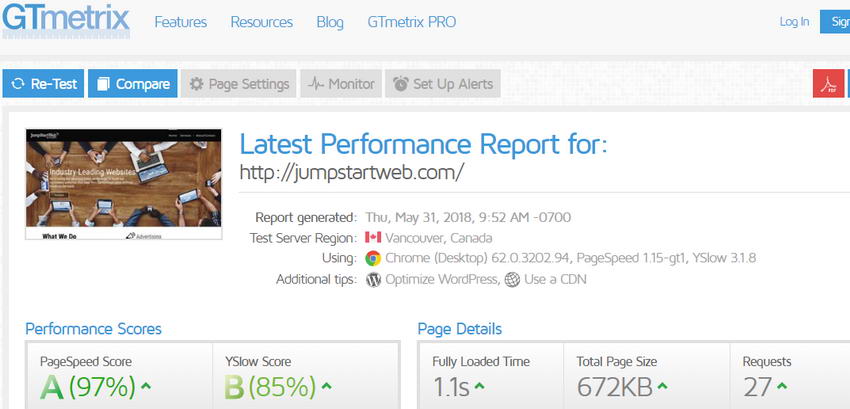SEO vs PPC – Which is Better?
Having inhabited this strange industry for a looong time now, I often hear comparisons between Search Engine Optimization (SEO) and Pay Per Click (PPC) marketing.
I always find it odd when I hear someone say one is “better” than the other. It’s kind of like declaring a pickup truck better than a sports car. They both have unique features and their value is in direct relationship to the job you want them to do.
Looking at Google in particular, the biggest thing SEO and PPC have in common is the venue they appear in.
Here’s a screen shot of a search results page for a search query (personal injury lawyer) that also triggers the “local deck” of Google+ Local Business Pages (the pins labelled A-G):
Here’s a screen shot of a search results page for a search query (CRM software) where location is not relevant and so does not show a “local deck”:
As you can see, the sponsored PPC ads are positioned at the top and down the side of the results in both cases. The results driven by website SEO appear in the main body of the results, although in the “local” query the website results are driven down on the page, below the Google+ “local deck” (which is driven by Google+ Local Business Pages).
For those new to SEO and PPC, the sponsored PPC ads are delivered through Google Adwords, where website owners bid to have their ads appear on the results pages for specific search queries and then pay each time someone clicks on their ads. The regular search results appear because Google looks at a variety of factors and then decides which pages are most relevant to the search query. Search Engine Optimization is the process of ensuring that Google sees your pages as being highly relevant for a range of different search queries and the keywords that go with them.
I often hear people say that SEO is “better” because you don’t have to pay money for the visits to your site. While it’s true that you don’t have to pay for clicks, those in competitive industries will have to invest dozens, hundreds or even thousands of hours to rank for certain keywords/search queries. Whether you are investing this time on your own or having a staff member do it, there is most definitely a cost to the results you will eventually receive.
As well, in the example results pages shown above:
- A new personal injury law site would typically take 6 months to 2 years + hundreds of hours of work to earn first page Google rankings through SEO (depending on the size of your market and number of competitors)
- A new CRM software company would likely have to spend literally thousands of hours over multiple years to earn first page rankings.
On the flip side, however, these keywords are also very expensive to “buy” through PPC. Personal injury law keywords typically cost $5-$10 per click for each visitor (more in some markets). Some of the CRM software keywords can actually cost $35 or more per click.
Rest assured that there are less expensive PPC keywords and less competitive SEO keywords, which will take you some time to discover.
From the above perspective, one of my favourite strategies is to use PPC to “test” different keywords. In this case, you spend a modest amount to drive clickers to your site for certain keywords (even if they are expensive) in order to find out if searchers on those keywords will engage on your site and become leads and/or customers.
Even if PPC is not in your long term plans, the above strategy is a fast way to identify your top keywords and search queries, which you can then confidently invest in targeting through SEO. As well, if you can identify PPC keywords you can bid on profitably, it makes a ton of sense to keep investing in them through PPC.
Summary points on SEO and PPC:
- PPC is great if you need visitors to your site “right now.” You can sign up for Google Adwords today and literally have new traffic by tomorrow through PPC.
- It’s critical to measure ROI properly on your PPC campaigns. If you can do this you can identify the profitable keywords and confidently pay to get visitors who are using them in search.
- The downside of PPC is that it can be expensive and the moment you stop paying for it is the moment you stop getting traffic from it.
- SEO is often the highest ROI activity you can undertake, but it can take months or years to bear fruit. Also, notably, if you quit before you achieve first page results then your investment up to that point will have been wasted.
- SEO is great in that after you’ve succeeded in getting results from it, you keep getting visits month after month without having to spend more money.
Questions on PPC or SEO? Fire me a note through our Contact form. Also, you can find out more info on our Online Advertising and Search Engine Optimization pages.

